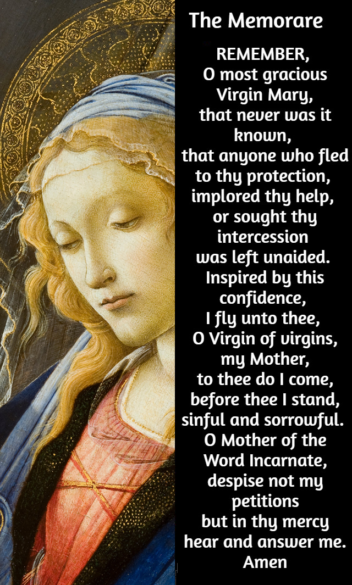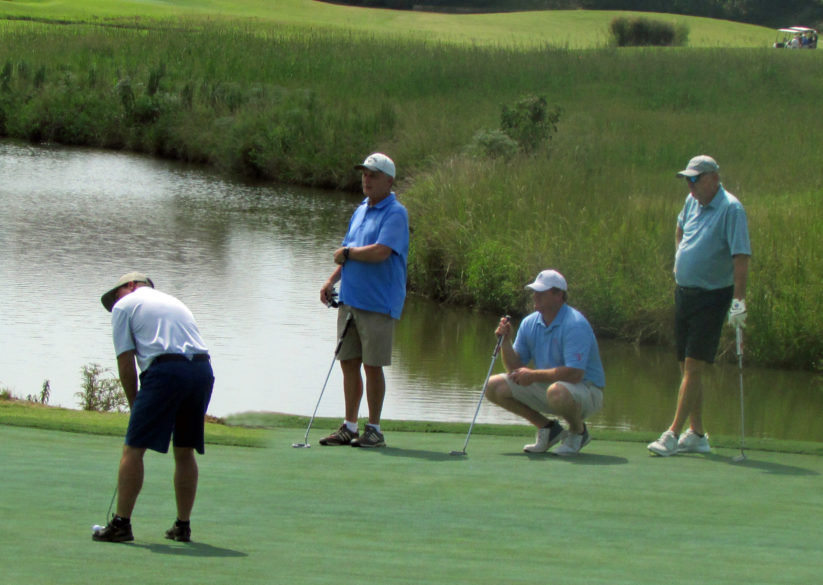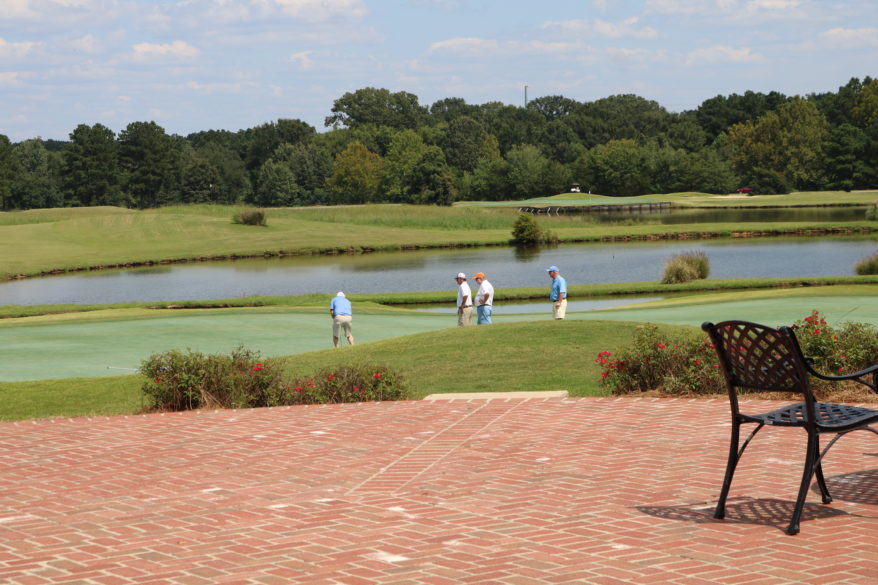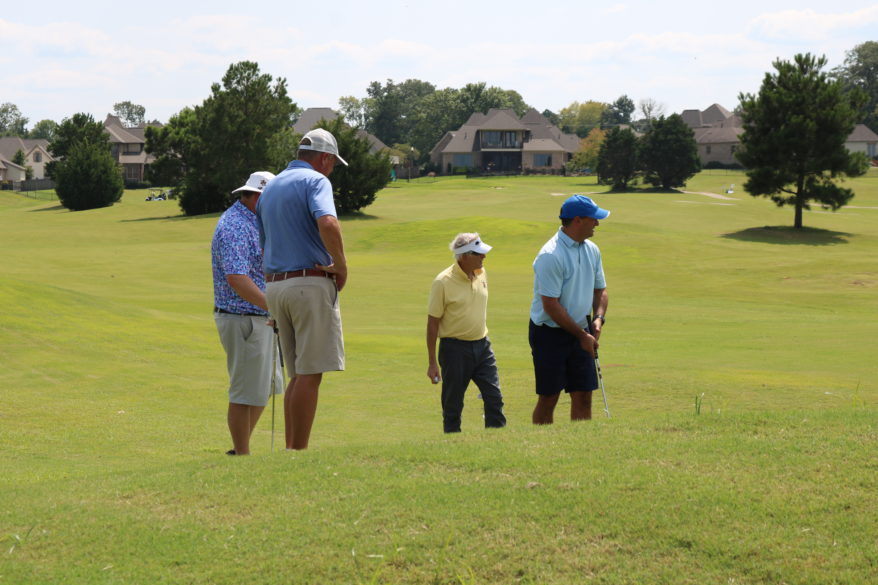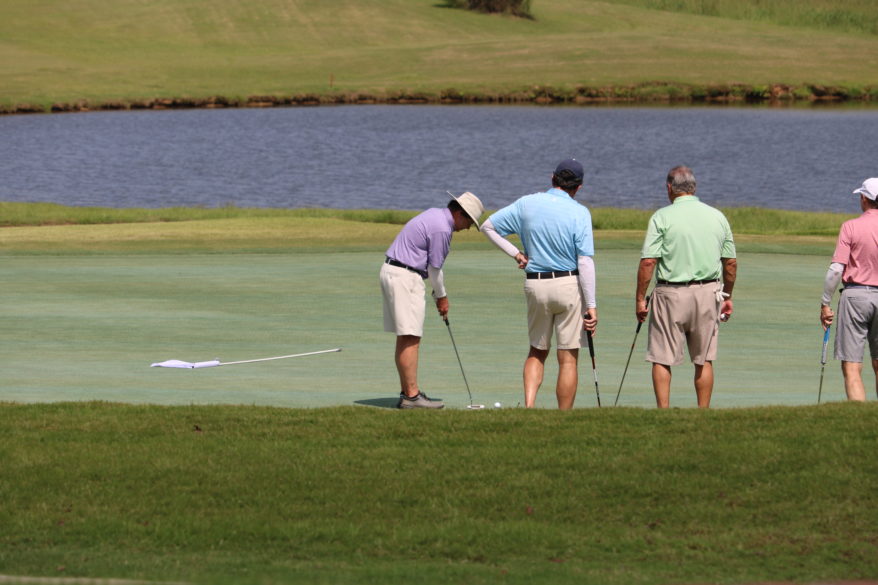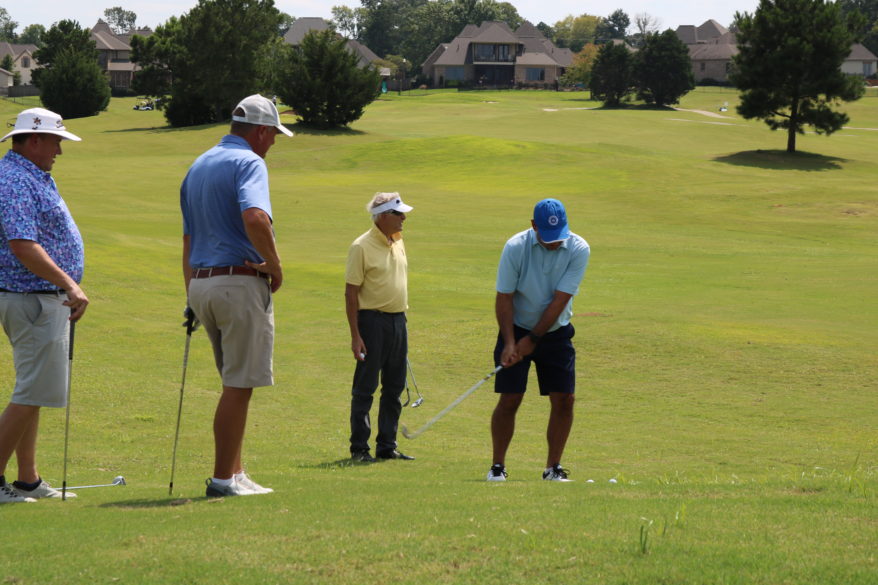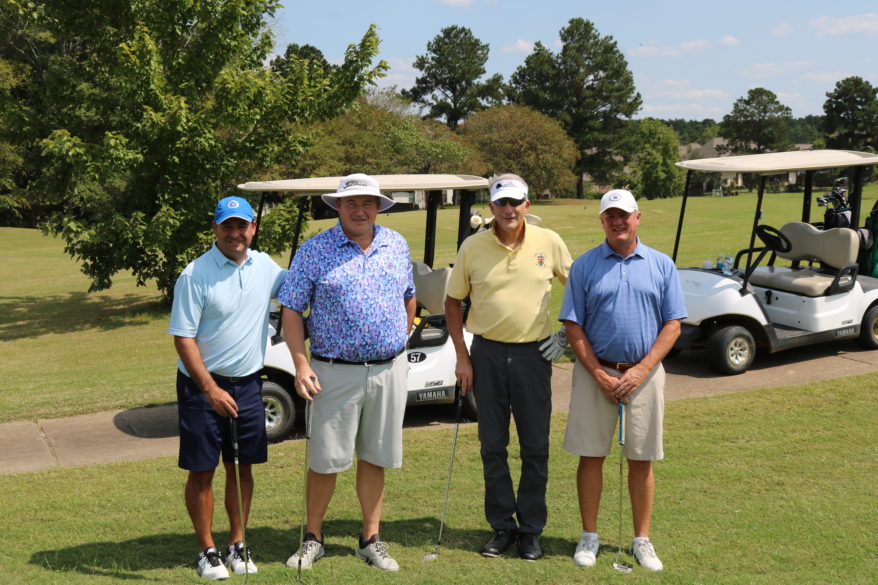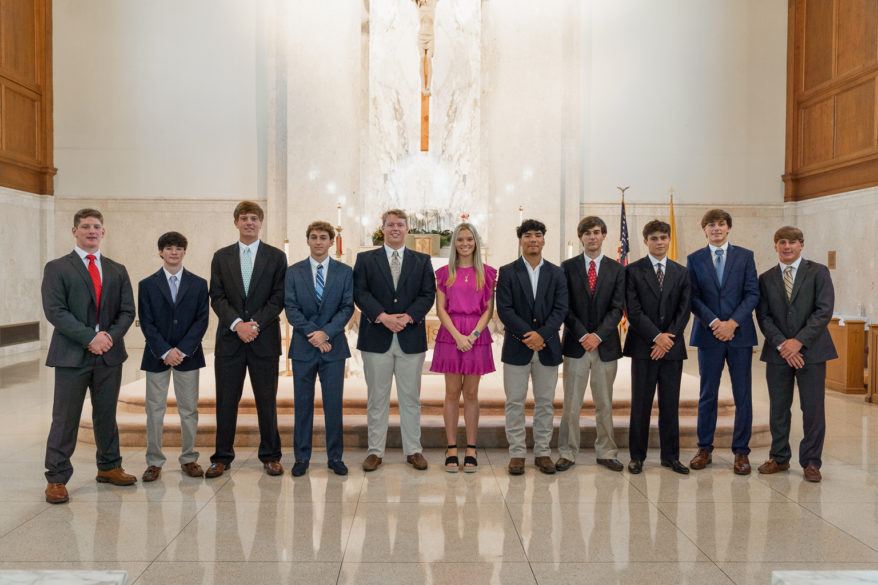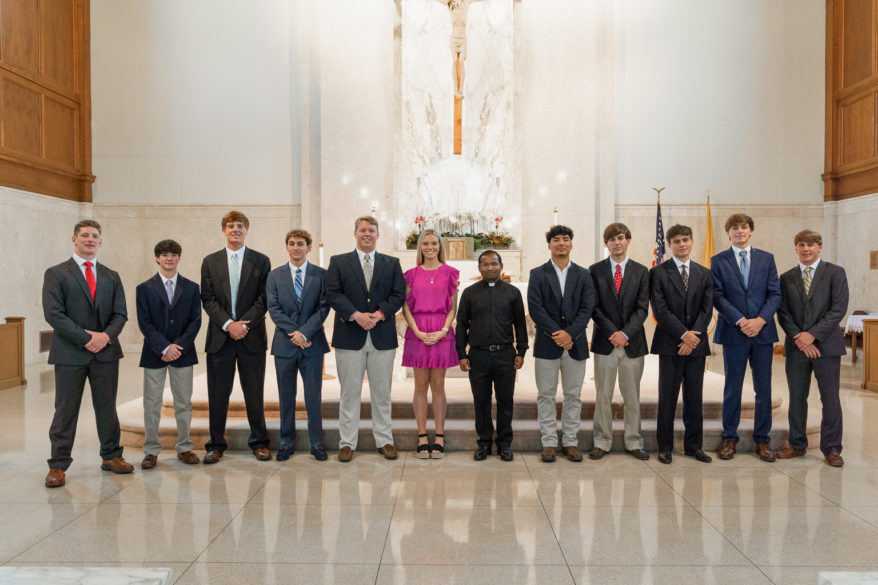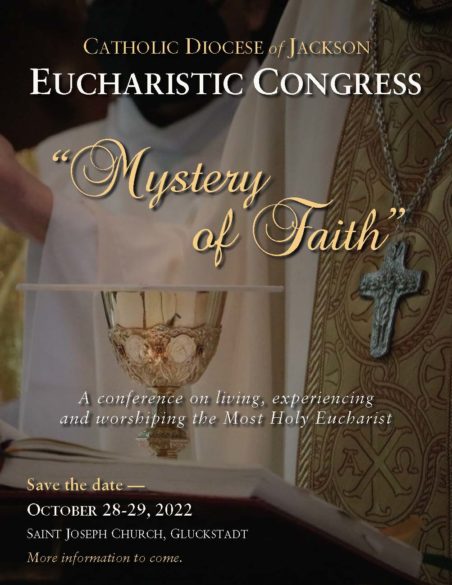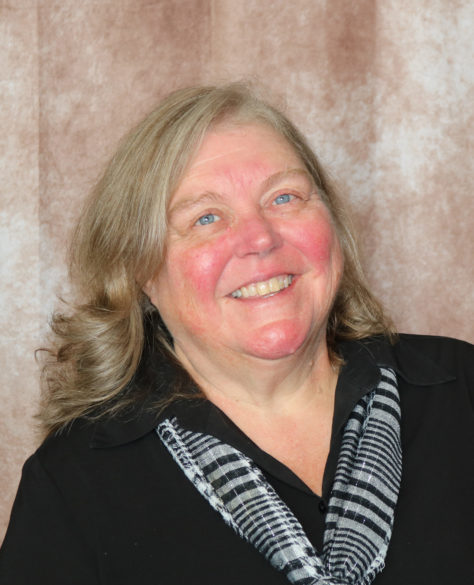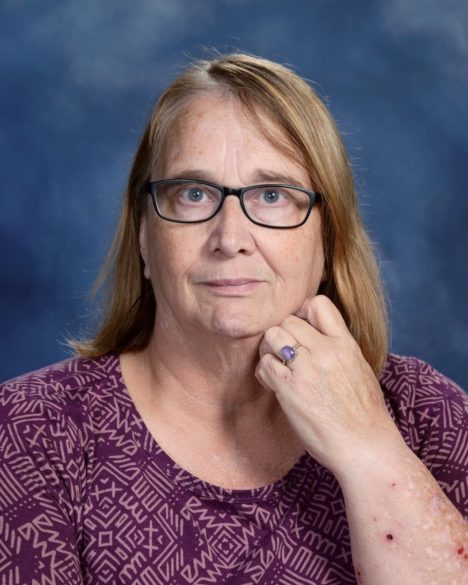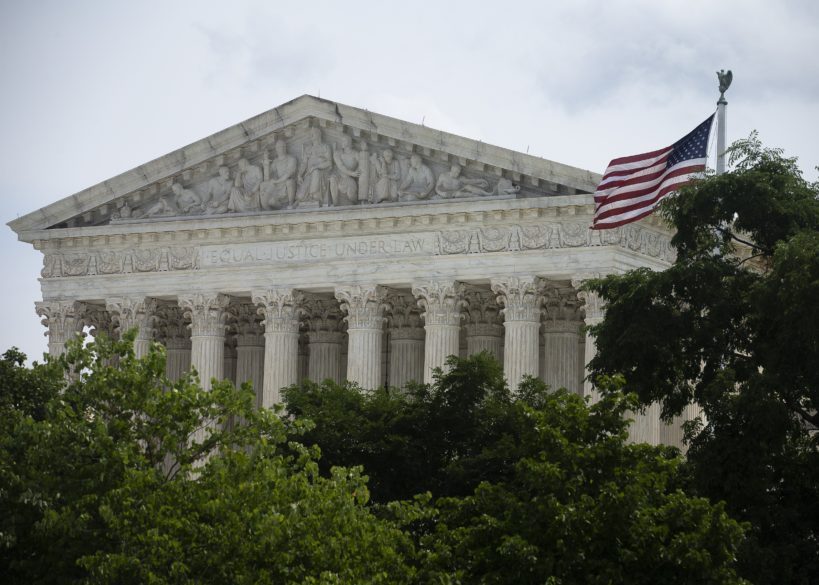NATION
WASHINGTON (CNS) – House sponsors of a new bill to protect pregnancy centers said the measure would require the Biden administration to publicly disclose how it is handling the investigation and prosecution of the perpetrators of violent attacks on pregnancy resource centers around the country. “My goal is to foster an environment where no woman feels like their only option is abortion, and I am committed to supporting women and children at every stage of life,” said Rep. Cathy McMorris Rodgers, R-Wash., who co-sponsored the bill with Rep. Chris Smith, R-N.J. “The violent attacks on pregnancy centers in Washington state and across the country are reprehensible and only endanger and intimidate the women who depend on them for critical medical care, education and other resources,” Rodgers said in a statement Sept. 20, the day she and Smith introduced the bill. The Protect Pregnancy Care Centers Act of 2022 quickly garnered 28 co-sponsors. “I believe all extreme and hateful acts of violence should be condemned, which is why I’m helping lead this legislation to hold President (Joe) Biden accountable for his failure to respond to this threat with the urgency it deserves,” Rodgers said. Nearly 70 acts of violence against such centers have been recorded since May, when a draft opinion of the U.S. Supreme Court decision in the Dobbs vs. Jackson Women’s Health Organization case was leaked.
NEW YORK (CNS) – “Little Amal,” a giant puppet that is on a worldwide pilgrimage to raise awareness about the plight of unaccompanied refugee minors, made a stop at St. Patrick’s Cathedral Sept. 18. The 12-foot puppet of a 10-year-old Syrian refugee girl met migrant families who recently arrived in New York City from Ecuador, Afghanistan and Myanmar; Father Enrique Salvo, the cathedral’s rector; and representatives from Catholic Charities of the Archdiocese of New York. “For immigrants and refugees around the world, New York is seen as a place of opportunity and promise – but there’s a tension running through U.S. history that suggests not everyone is welcome here,” said playwright/director Amir Nizar Zuabi, the artistic director of this “public art project” called “The Walk” and starring Amal, whose name means “hope.” “Amal will experience the wonder of New York and also the apprehension of arriving in a strange new place,” Zuabi said in a statement issued in advance of several New York events featuring the puppet. “This is a crucial moment to explore these themes. How will she be welcomed here? Who will do the welcoming?” The cathedral stop was one of 55 New York events welcoming the puppet over a three-week period that began Sept. 14 and ends Oct. 2 and is titled “Little Amal Walks NYC.”
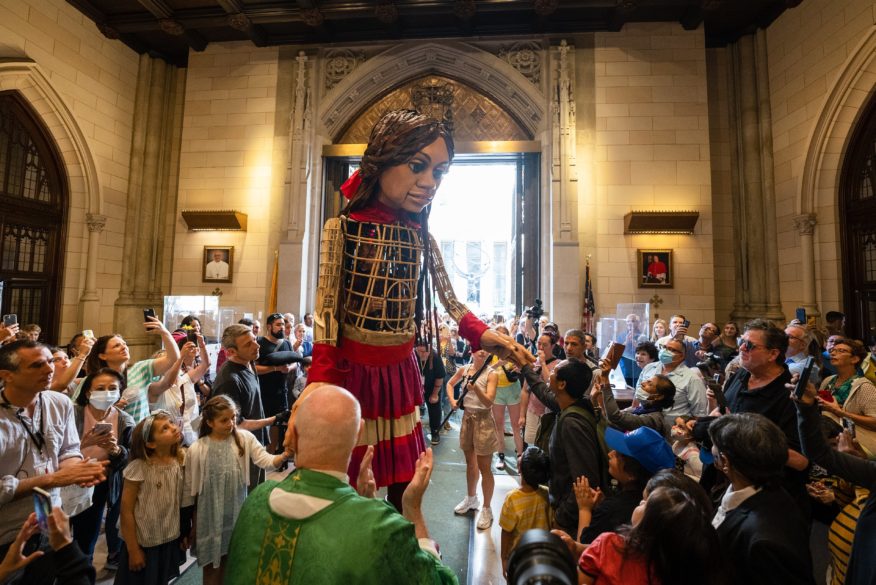
VATICAN
VATICAN CITY (CNS) – As the October deadline approaches for the extension of the Vatican’s agreement with the Chinese government, the newly appointed editor of the news agency of the Dicastery for Evangelization said the deal has been instrumental in allowing Catholics to practice their faith openly and in communion with the church. In an editorial published Sept. 22, Gianni Valente, who was appointed earlier in the month as editor of Fides news agency, also said recent statements by Pope Francis and Cardinal Pietro Parolin, Vatican secretary of state, “hinted at a positive intention on the part of the Holy See to continue the process of negotiation.” The agreement, he wrote, has allowed for Chinese Catholics to “experience the adventure of confession of faith in Christ in today’s China as it is, without privileges, without being pointed at and perceived as a foreign body, as exotic guests or representatives of distant cultures.” First signed in Beijing Sept. 22, 2018, the Vatican and the Chinese government agreed in 2020 “to extend the experimental implementation phase of the provisional agreement for another two years.” The provisional agreement, the text of which has never been made public, outlines procedures for ensuring Catholic bishops are elected by the Catholic community in China and approved by the pope before their ordinations and installations, according to news reports at the time.
VATICAN CITY (CNS) – Marking World Alzheimer’s Day Sept. 21, Pope Francis asked people to pray for all those affected by the illness, including families and caregivers. Alzheimer’s disease “affects so many people, who are often pushed to the margins of society because of this condition,” the pope said at the end of his general audience talk in St. Peter’s Square Sept. 21. “Let us pray for those suffering from Alzheimer’s, for their families, and for those who lovingly care for them, that they may be increasingly supported and helped,” he said. He also asked that people pray for men and women facing hemodialysis, dialysis or an organ transplant. September is also World Alzheimer’s Month, which is an initiative by Alzheimer’s Disease International (ADI) to raise awareness, challenge the stigma surrounding Alzheimer’s and dementia, and garner more support for those affected. Dementia is a general term for a group of symptoms that negatively impact memory, and Alzheimer’s is a specific disease that is the most common cause of dementia.
WORLD
DUBLIN (CNS) – More people in Northern Ireland now identify as Catholic than Protestant for the first time in the history of the jurisdiction, new census figures reveal. The data has led to calls for a referendum for voters to decide whether to remain part of Britain or join with the rest of Ireland and form a new country. It comes 101 years after Northern Ireland was established in the six northeastern counties on the island of Ireland, remaining part of Britain when the 26 southern counties won independence from British rule. The founders of Northern Ireland drew the boundaries of the state along lines that they hoped would guarantee a permanent Protestant majority. Traditionally, Protestants have supported being part of Britain, whereas the Catholic community has traditionally supported unity with the rest of the island to form a single independent Ireland. The first prime minister of Northern Ireland, Sir James Craig, famously addressed the legislature describing it as a “Protestant parliament for a Protestant people,” and the Catholic minority complained of discrimination in terms of jobs, housing and voting rights. The proportion of the resident population that is either Catholic or brought up Catholic is 45.7%, compared to 43.5% Protestant.
MOSCOW (CNS) – A senior Russian priest dismissed President Vladimir Putin’s threats of nuclear war as “just words,” but said many young Catholics now fear being forcibly conscripted with their priests to join the war against Ukraine. “Although I’m not a military person, I don’t think the Russian army could even use nuclear weapons – and if it did, this would be much more dangerous for Russia itself than anyone else,” said the priest, who asked not to be named. “People are certainly frightened here, particularly since Catholic parishioners and clergy could now be called up, beginning with those who’ve done military service. But I don’t think there’s much to fear from Putin, who’s just coming out with words.” Street protests erupted in Russia after Putin’s Sept. 21 order for a nationwide call-up of 300,000 reservists after setbacks in the Ukraine war. The priest told Catholic News Service Sept. 21 students and young people had “reacted very emotionally” to the mobilization order, with many debating its practical consequences. He added that there had been “no consultation” with Russia’s minority churches and said he had consulted lawyers about the order’s implications for church personnel. “Some young Catholics have already left the country, and more are doing so now,” the priest told CNS.

